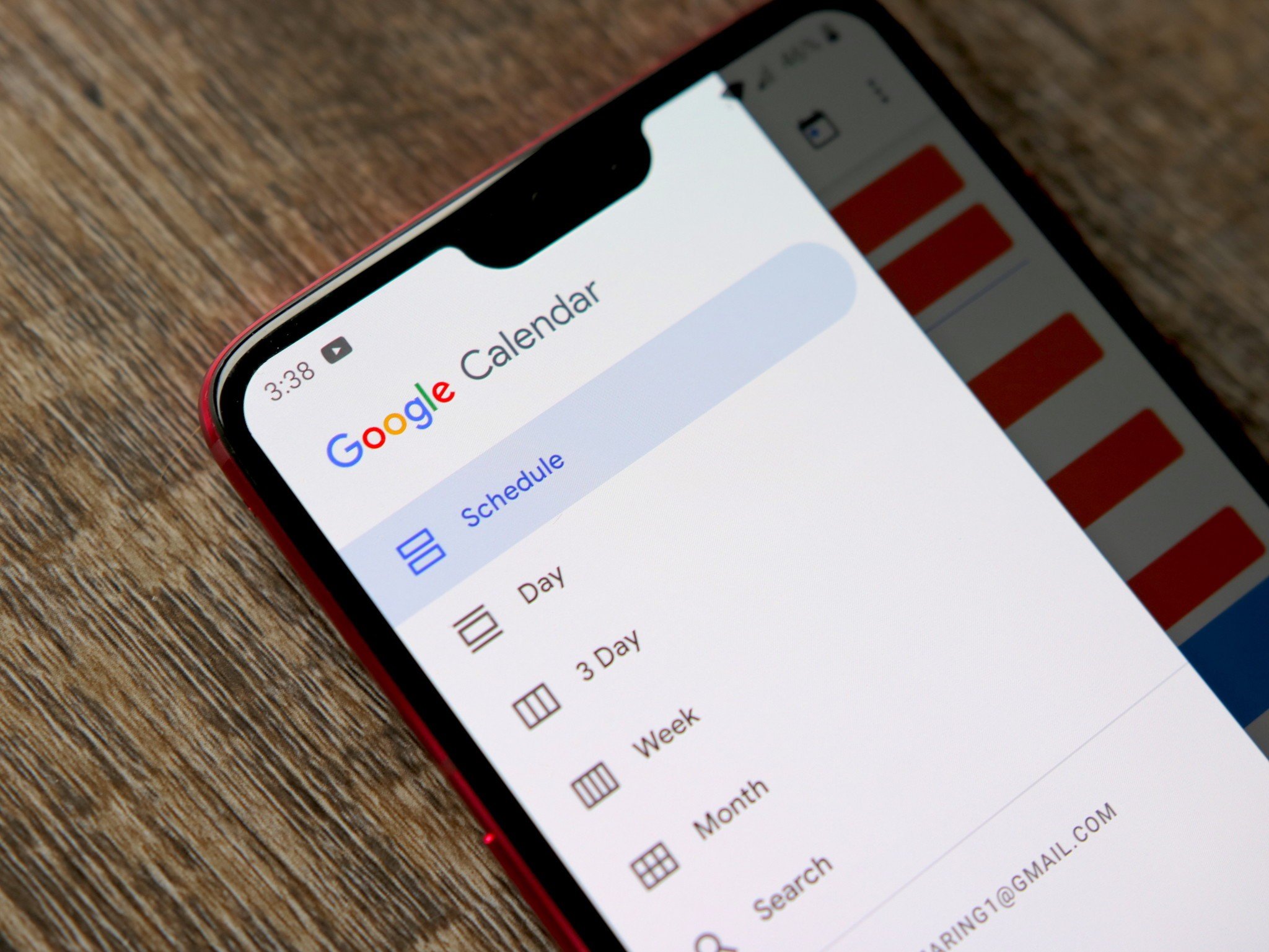Android and Google's Pixel phones aren't tied together in the way most people think they are.
Android 12 is finally here, but you can't have it.
That sounds like crazy talk, but it's true, and it makes more sense than you probably think it does. If you're not keeping up to date on the news about Android 12 or Google's Pixel phones, here's what went down: Dave Burke, Google's VP of engineering and head of the Android project, announced that Android 12 was done and available. But (there's always a but) he didn't mean what you might assume, because he was talking about the source code used to build the software we know as Android 12.
Later, Google informed us that the Android 12 update would not roll out to Pixel phones on October 4th like everyone expected it would. We reached out directly to Google for clarification, and here's what we were told verbatim: "We're putting the finishing touches on a special release with Pixel-exclusive and Pixel-first experiences on Android 12. This will roll out to Pixel users in the next few weeks."
This is part boiler-plate PR and part genuinely exciting. It also drives home that the Android team and the Google Pixel team are not one and the same. Each works at its own pace.
The confusion and disappointment from the Android crowd happened because we expect to see updates the very minute a new version is available. That's the way it has always been. For years, whenever Google announced a new version of Android was done and ready, it would also send it out to a Nexus or Pixel device right away. But that was a trend, not a rule; yesterday, we saw how the system actually works.
Think of Google as just another phone maker that wishes it could sell as many phones as Samsung. The Pixel team exists to enact that vision. They work on the hardware, on the Pixel-only features. They work on taking the code the Android team writes and making it work on their phones. Samsung, Xiaomi, OnePlus, and every other company making phones are doing the exact same thing; they simply have less access to the software engineers at Google.
What's taking so long?
The real question here isn't "Why didn't the Android 12 update for supported Pixel phones come out yesterday?" It's "What is Google doing that is taking more time?" Dave Burke focused on Android 12's core features in his announcement: Things like better privacy controls and a new "fresh" user interface. He never once mentions Pixel-only features. That's because it isn't his job to worry about Pixel-only features right now.
No need to worry
There's no need to worry about your supported Pixel phone taking forever to get the update. Chances are that it's already finished, and the people who need to test it are busy testing and finalizing the details. Like any OEM, the Pixel team will take Android and turn it into a piece of software with exclusive features. That takes time.
These features could turn the upcoming Pixel 6 into the best Android phone to ever grace the planet...or it could fail to prevent its new phone from turning into another sales flop. Either way, Google is taking the time to go all-out with Android 12 because it knows what we like to see in a phone: features.
Anshel Sag, a senior analyst at Moor Insights & Strategy who has his finger on the pulse of all these companies, agrees that this delay isn't a big deal. We reached out to him, and he told us, "I don't really think it's that significant, but it does indicate that maybe there's a bit more going on with the Pixel version of Android 12 that might need some more QA. I think that's it, I don't think there's much to read into there."
It sounds like the Pixel team needs some time to work on the Pixel-exclusive features.
So really, it just appears that Google's Pixel phone team wants to take a little more time to tighten up some nuts and bolts on the specific features it has for Android 12. The core of the OS is done and ready to go; by the time you read this, you'll likely be able to download and sideload the core code at XDA Developers for your unlocked phone if you're into that.
If you're not, carry on as normal. No matter whether Google or someone else made your phone, yesterday marked the day that your phone's devs started working on getting Android 12 right so that they can send that long-awaited software update. Except for Motorola, probably. It hates updates.
A prediction
I'm going to leave this here so I can be proven right or wrong in the future, so feel free to remind me either way once it all plays out. I have zero inside information about when the Pixel 6 or when Android 12 for Pixel phones will be released, but I can play detective. Honest inside baseball — I know nothing and am under no embargo for anything. This is just a wild-ass guess.
October 27.
Google is hosting its annual developer conference on October 27 and 28, and for the Android team, it's a pretty big deal. There's an hour-long keynote hosted by Kari Byron, over 30 talks teaching the nuts and bolts of Android 12 to interested developers, and even events where Google's own in-house experts tackle code problems submitted by outside developers.
Sometimes it's fun to just guess.
Since Google is already paying to produce a long keynote, it might as well drop 5 minutes of news about Pixel phones in there. Yes, I might (likely) be wrong; Google could announce things on a completely different date. But like a lot of you guys and gals, I'm excited and curious, so I'm playing the guessing game. If you have a guess of your own, let me know. It's more fun being wrong in a group than it is being wrong alone. :)
Source: androidcentral


